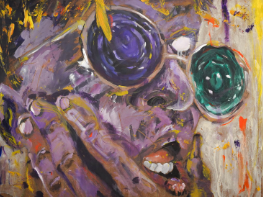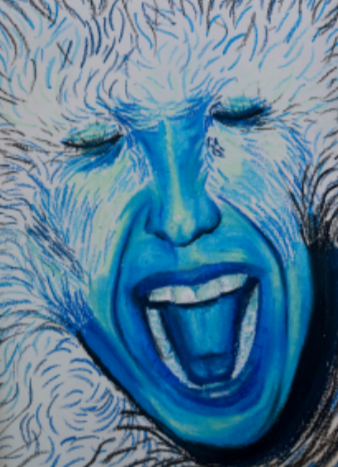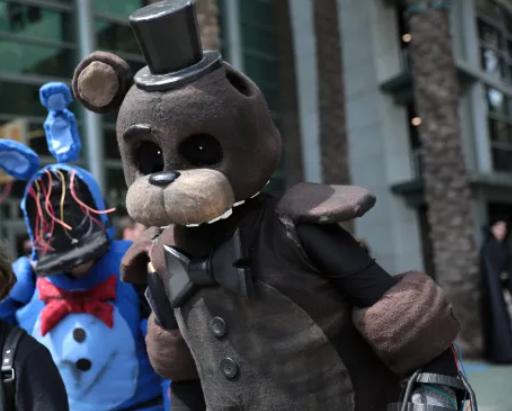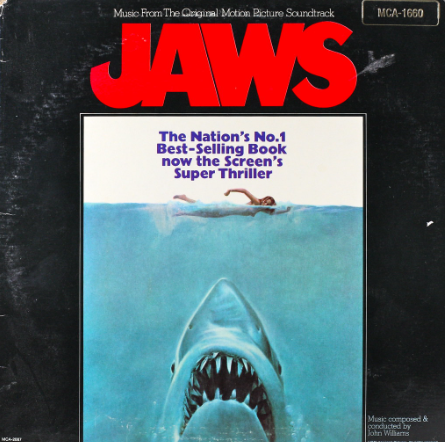Tiktok has hold on the music industry
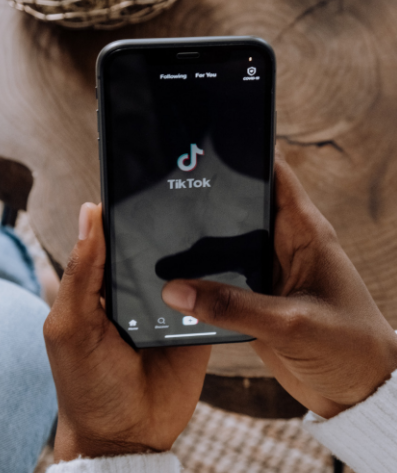
PHOTO BY COTTONBRO OBTAINED THROUGH PEXELS
TikTok provides access to millions of videos and songs.
March 12, 2021
The music industry, as well as music consumption, has changed drastically due to TikTok’s influence on listeners and producers.
Through 15-60 second videos, TikTok appeals to the short attention span of the new world, using quick, catchy clips to immediately attract listeners. This causes songs to “blow up” on the app and reach listeners from all over.
According to Imagine Media Consulting, an artist’s success mainly comes from viral trends and challenges within the app that expose viewers to the same song over and over.
Trends on the app come in the form of challenges and hashtags that are usually sprung by a TikTok “star.” Users will then imitate the challenge or add their own spin to it while using the same song, resulting in countless videos using that song.
Because people are drawn to the appeal of the challenges, they inevitably end up looking up the song on platforms like Spotify or iTunes. The challenges go hand in hand with the music, allowing listeners to attach an emotional image that corresponds with the song, which in turn can connect an entire group of people to it.
Because of this new form of music distribution, some artists have changed the way they write their music, hoping to fit the format for new challenges and trends. One apparent change is the length of songs.
Billboard records charts show that from 2013 to 2018 song length has waned by 20 seconds. With TikTok’s growing popularity in the music industry, songs will continue to become shorter and adapt to the new format.
With all these new alterations, songs such as “Drivers License” by Olivia Rodrigo have been able to soar on the charts.
The Daily Aztec explained that since “Drivers License” release date on Jan. 8, over 1.2 million videos have used or promoted the song, including videos by popular creators such as Charli D’Amelio and Austin Sprinz.
In addition to national sensations such as “Drivers License,” TikTok caters to all, allowing almost anyone to become famous.
Independent artist Joe P of Asbury Park, NJ uses TikTok for promotion, covers and sneak peeks of new songs.
After a clip of his song “Leaves” became popular amongst his followers, he released the song onto Spotify along with an acoustic version.
For Joe P, TikTok has made releasing music easier with faster uploads and more reachable audiences.
“Promotion has completely changed, it’s easy, you can upload anything real quick and it can boost your song on Spotify,” Joe P said.
Many listeners are also benefiting from the accessibility of new music that TikTok provides. Junior Nicola DeGregorio of Middletown is one of these listeners.
“Everybody is on TikTok 24/7 so it’s an easy way to find new music without effort,” DeGregorio said.
The concept of “no effort” is constant among TikTok’s improvements.
TikTok has improved music consumption and distribution and has also created a platform in which artists can flourish. However, with the banning of TikTok in question, some wonder whether TikTok has influenced the future of the industry enough to change without it.
Even if TikTok was banned in the U.S., it has already altered the music industry, showed a new prototype for creation and promotion, and consequently, has accelerated the progression of all media.






